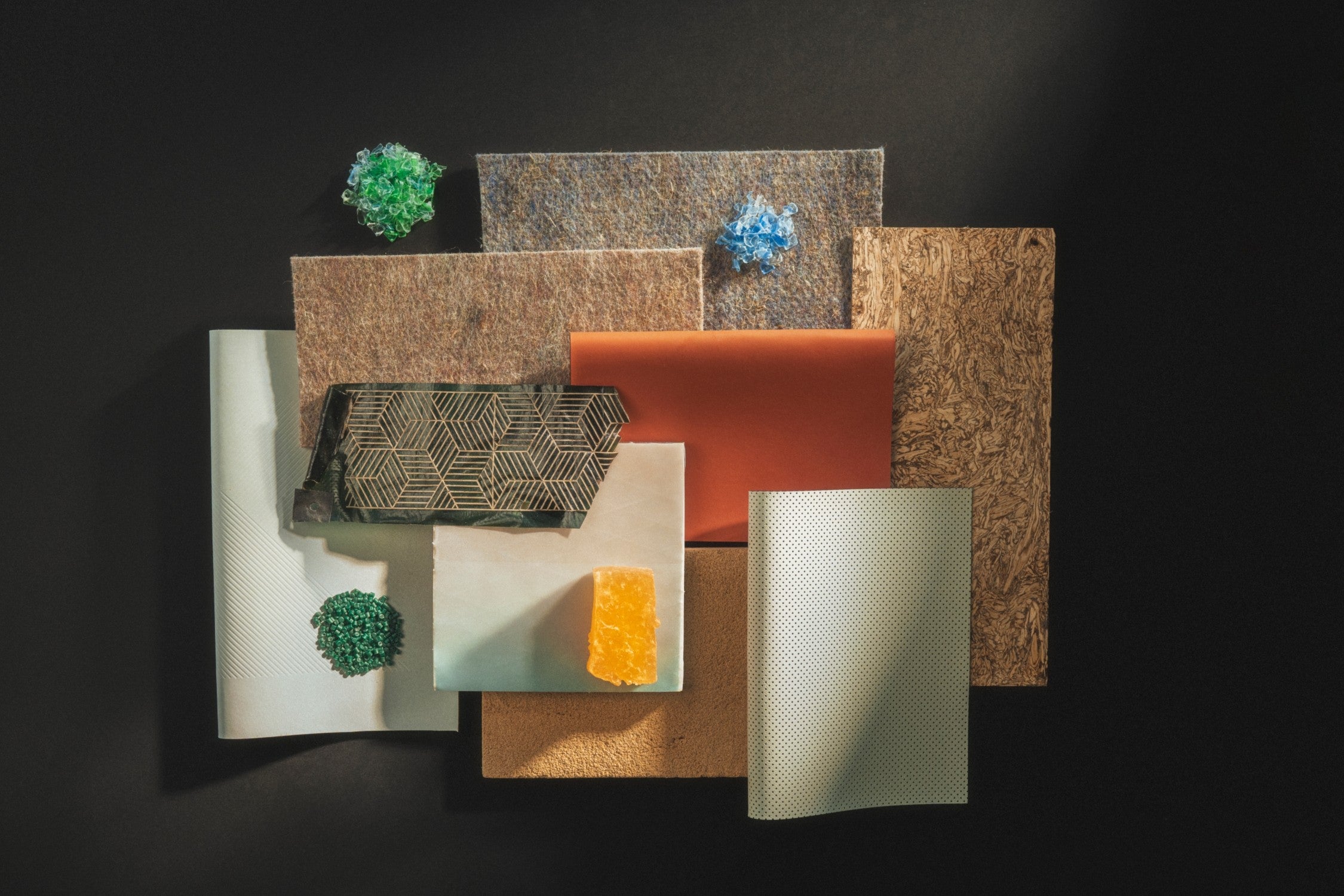
BMW Group plans to launch its first vehicles with completely vegan interiors in 2023.
“This is being made possible primarily through the development of innovative materials with leather-like properties,” the automaker said in a statement.

Discover B2B Marketing That Performs
Combine business intelligence and editorial excellence to reach engaged professionals across 36 leading media platforms.
“It will also be possible to use these materials for steering wheel surfaces, which must fulfil demanding criteria when it comes to feel, premium appearance and wear resistance.”
The company claimed replacing raw materials of animal origin makes a significant contribution to increasing sustainability in vehicle production.
The introduction of a new surface material for steering wheels will see the proportion of vehicle components that contain traces of raw materials of animal origin fall to less than 1% in group vehicles.
Animal origin materials will now only be found in areas that are not visible to the customer such as the various waxy substances like gelatine used in protective coatings, lanolin in paints, tallow as an additive in elastomers and beeswax as a paint flux.
“With a steering wheel made from a high-quality vegan surface material, we are fulfilling the wishes of our customers who do not want to make any compromises in terms of look, feel and functionality. The innovative material withstands wear and tear caused by abrasion, perspiration and moisture and has all the desirable properties of leather,” said Uwe Koehler, group head of development body, exterior trim, interior.
The only distinguishing feature of the new material will be a new grain effect on the steering wheel rim.
Reduces CO2e emissions by 85%
The fact that there is now a high-quality vegan surface material with equivalent properties to the real leather previously used in the production of steering wheels represents another major step towards CO2 reduction, BMW claimed.
The new steering wheel surface material is said to reduce CO2e emissions along the value chain by around 85% compared to leather. Up to now, most of the emissions produced, around 80%, were in the form of methane gas from cattle rearing. The remaining 20% was accounted for by processing of the cowhide, which is highly energy and water intensive.
The BMW Group is working with startup companies to develop innovative bio-based materials. Compared to the synthetic leathers previously used, these result in around 45% lower CO2 emissions.
Mirum, which is 100% bio based and petroleum free, has the potential to mimic all the properties of traditional leather.
Another new material, Deserttex, is made from pulverised cactus fibres with a bio based polyurethane matrix.
With these materials, replacing raw materials of animal origin can be combined with a significant reduction in CO2.






